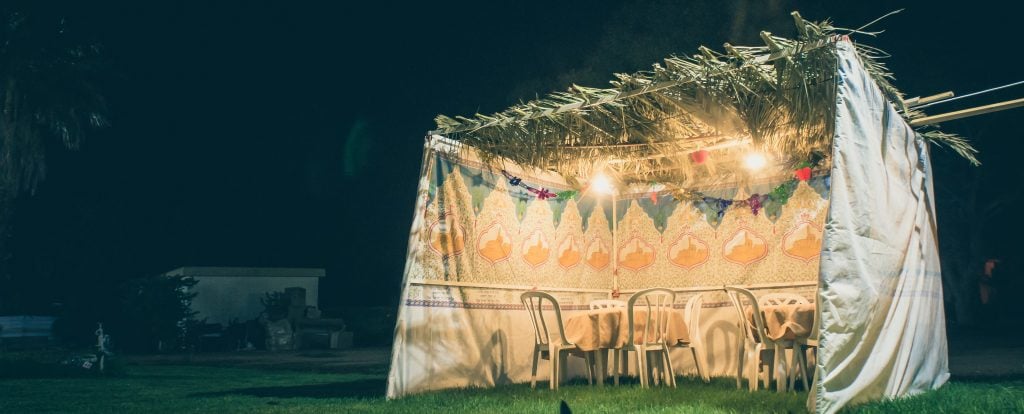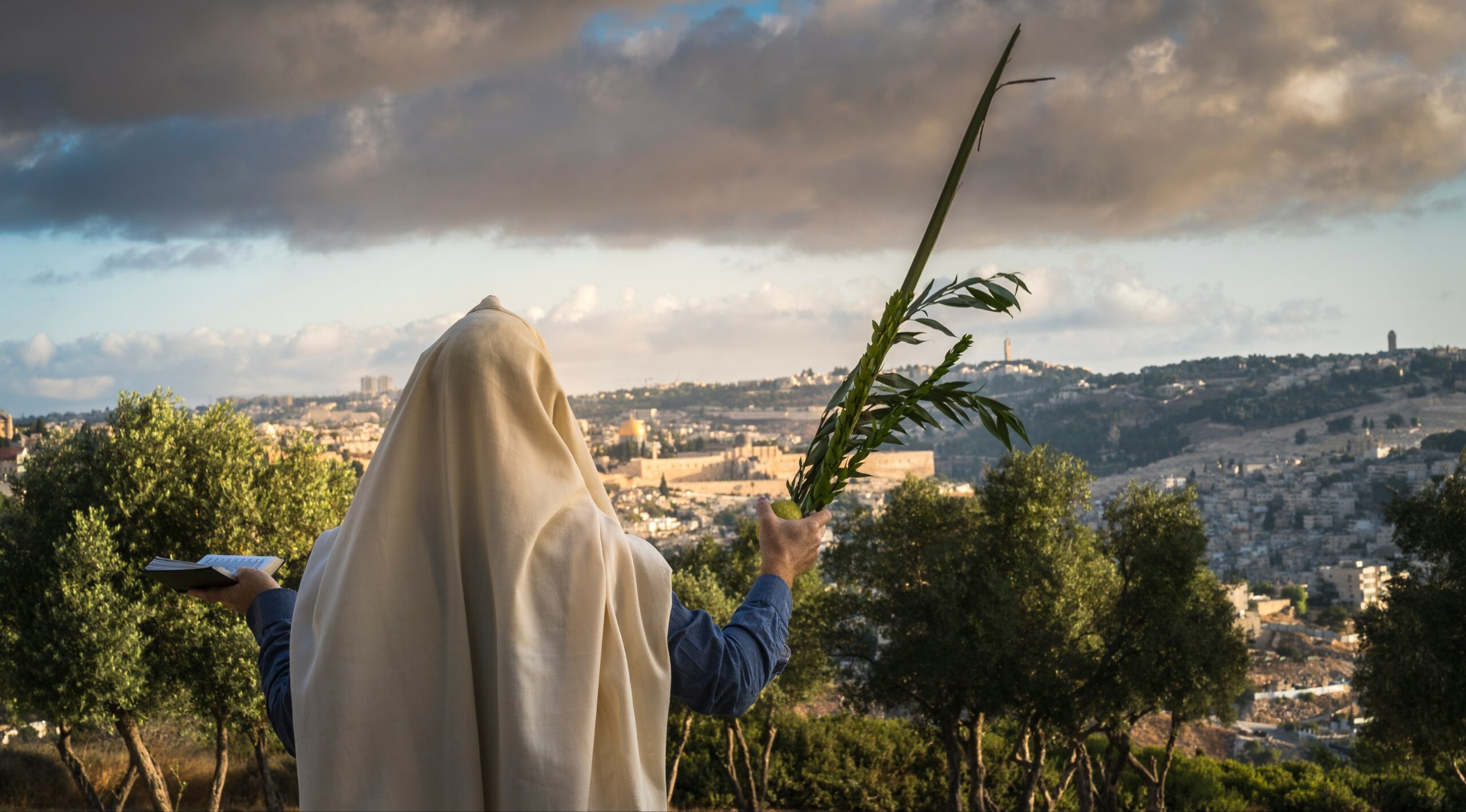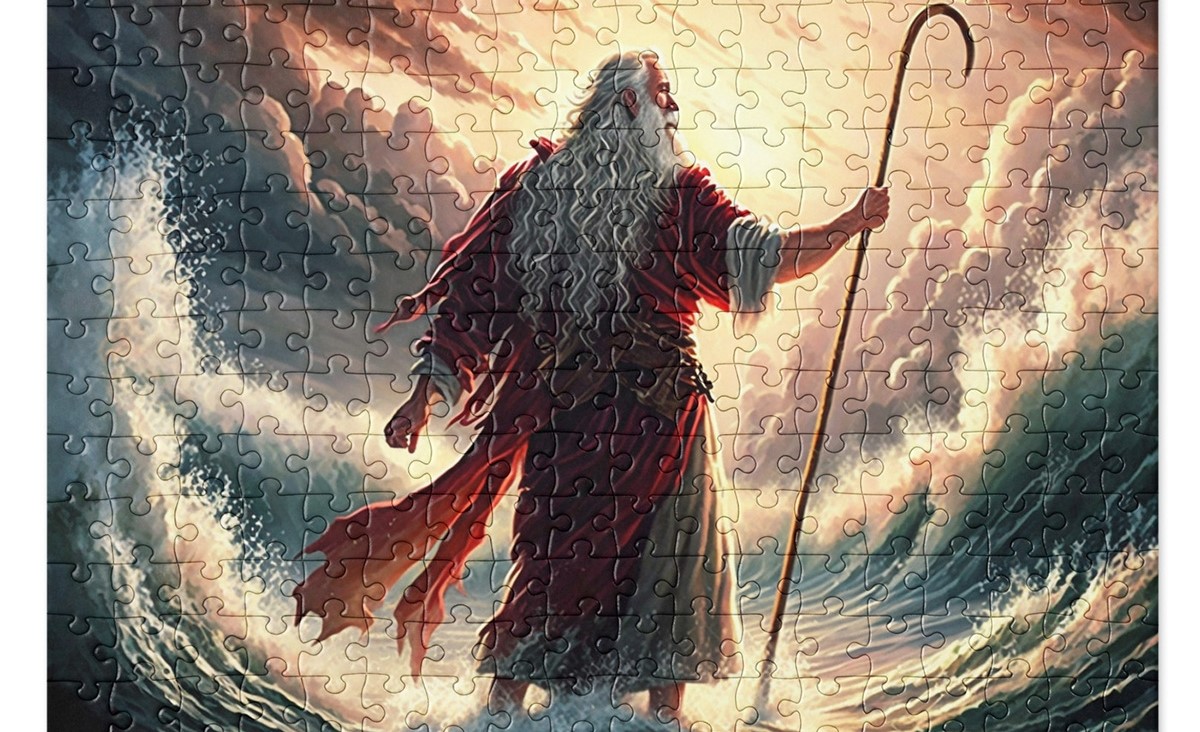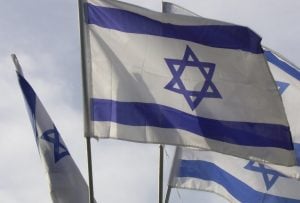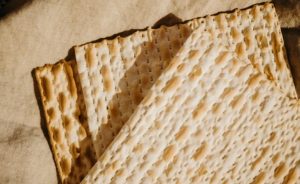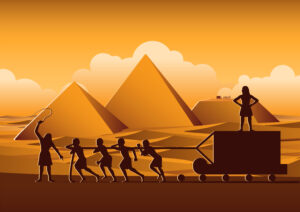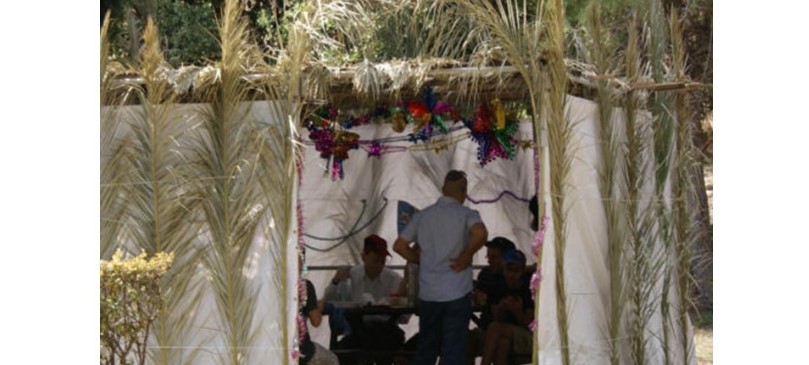
“Ushpizin” in Aramaic translates into “guests”, but who are these guests we invite in? Every night for seven nights we ask a different Jewish biblical leader to visit us. In Jewish tradition it is said that Avraham, Yitzchak (Isaac), Yaakov (Jacob), Moshe (Moses), Aaron, Yosef (Joseph), and King David come down from the heavens and join us on their selected day. Each leader has their own special spiritual aspect- sefirah- that is celebrated each day.
Looking at the order mentioned above, you might notice that Moses, Aaron, and Joseph are not in chronological order. Some communities welcome the leaders in the order they lived, but most go according to the above list as the order of the Ushpizin goes by their divine attributes, not in the order they lived.
The order by which we welcome the Ushpizin goes as follows:
Day 1- Avraham
The very first Jew, Avraham is our first of the Ushpizin we invite over Sukkot. Avraham represents the value of Chessed– kindness. One of the most famous stories of Avraham takes place three days after he preformed his Brit Milah- circumcision. As an older man, Avraham was probably in immense amounts of pain, but when he saw three men walking through the desert, he invited them into his home to rest and gave them water and food. Throughout even our most difficult times, we should remember to be kind to others like Avraham was.
Day 2- Yitzchak
Yitzchak aka Isaac, the son of Avraham, is the second of the Ushpizin and represents Gevurah– discipline and restraint. Besides for teaching our children to be disciplined so that in the future they make the right choices for themselves and within Judaism, Yitzchak embodied gevurah when Avraham told him that they were going to climb Mount Moriah and that Yitzchak was going to be sacrificed. Rather than saying no, Yitzchak listened to his father, followed him up the mountain and was prepared to die as a sacrifice. While this is an extreme situation, we are inspired by Yitzchak to follow in the word of God and the commandments.
Day 3- Yaakov
On the third day of Sukkot, the aspect of Tiferet- beauty and harmony- is brought into our Sukkah through Yaakov (Jacob). The third of our forefathers, Yaakov was the son of Yitzchak and the father to the 12 tribes. According to Kabbalah, Tiferet is a combination of chessed and gevurah, just like Yaakov took on those aspects from Avraham and Yitzchak to combat many difficult situations he faced throughout his life. From this, we can learn that within all our difficult situations, we need to handle them with harmony.
Day 4- Moshe
The sefirah of Moshe (Moses) and his brother Aaron go almost hand in hand, but Netzach– victory- and Moshe come first in the Ushpizin. On the fourth day, we remember Moshe’s victory of bringing the Jewish people out of Egypt and acting as their leader. One aspect of Netzach is the passion to change the world on their own for the better, something we should always try to do in our daily lives.
Day 5- Aaron
Hod and Netzach represent the right and left foot in some Kabbalah interpretations. Hod means humility as Aaron helped his younger brother Moshe in any way he could, even though it should have been the opposite as Aaron was the oldest. There are a few commentators that say Moshe and Aaron can be interchangeable, as they both held the sefirahs of Netzach and Hod. These two sefirahs are also vital parts of prophecy which both Moshe and Aaron had the power of.
Day 6- Yosef
Yosef aka Joseph is invited into our sukkah with the aspect of Yesod– connection or foundation. One interpretation of how Yosef represents yesod is seen through how the Torah tells the story of Yosef and the nation of Israel. Both take place in Egypt while being sold into slavery and are almost parallel until freedom. We should take the time to make a connection with one another and continue to enhance our Jewish foundation for future generations to come.
Day 7- King David
On the last day of Sukkot, we invite our last of the Ushpizin, King David. David represents Malchut, meaning sovereignty. The connection is obvious as David is one of the most famous kings of Israel and the one who turned Jerusalem into the capital city of biblical Israel. The future Mashiach– messiah– is one who will be a descendant of King David. We should live our lives to the best, and put all our effort into doing something we wish to accomplish.
Although this interpretation is loaded with Kabbalah and mysticism, during Sukkot we are also supposed to help real-life guests in need by inviting them into our sukkah. As a Jewish nation, one of our foundations is giving to others, something which all of our Ushpizin did in their lives- no matter what their status was. Lets learn from their kindness and spiritual aspects and put it to use in our own lives so that we can be leaders like the Ushpizim.
Chag Sukkot Sameach!
